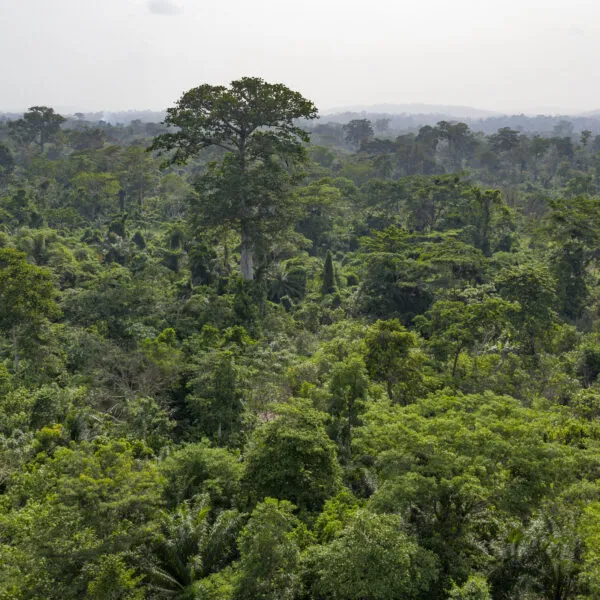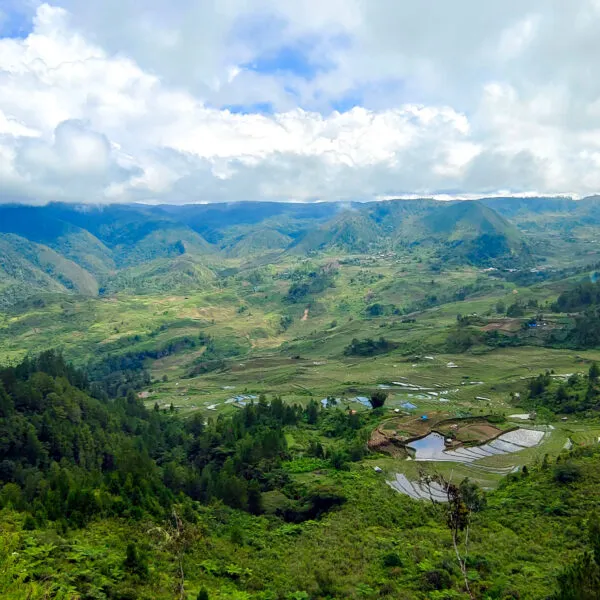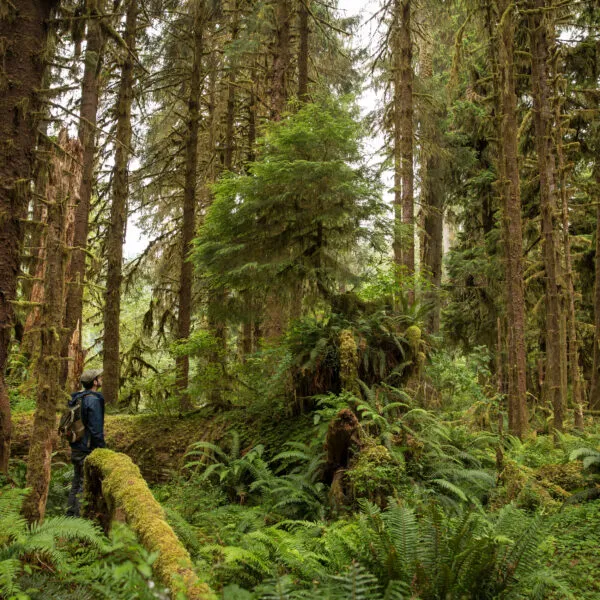Over the last few decades, local economies in the Peruvian Amazon have experienced growth and increased demand for products sourced from Amazonian forests. One such forest product is the tamshi vine, which grows on trees and plays a major role in the daily life of indigenous families as material for walls, fences, nets, artisanal handicrafts, and other structures.
To meet increased demand, community enterprises have relied on unsustainable extractive practices that, if continued, risk the extinction of native species and ultimately biodiversity in the region. The Rainforest Alliance has teamed up with funders and partner organizations to provide legal and institutional support to help ensure a sustainable tamshi harvest while incorporating traditional indigenous knowledge, scientific knowledge, and the application of best practices. The Rainforest Alliance anticipates that this model can be replicated in other parts of the Amazon region.
Location
Peruvian Amazon
Project Objectives
- Provide a supportive legal and institutional environment for tamshi extraction.
- Provide solid social foundations and enterprise administration skills that are continually strengthened.
- Provide indigenous economies with links to responsible markets.
- Provide access to sustainable finance tailored to local needs.
Partner communities
Community enterprises that extract and manufacture tamshi, and local indigenous communities in the Madre de Dios region and across the Peruvian Amazon.
Goals/Desired Impacts
Encouraging sustainable extraction aims to protect biodiversity while strengthening the institutional capacity of approximately 1,800 indigenous communities across more than 20 million hectares in the Peruvian Amazon.
Consolidation of market activities in the Madre de Dios region specifically will respect, strengthen, and incorporate traditional indigenous practices and traditions in conjunction with climate and water protection.
This initiative focuses on strengthening the management capacity of the Asociacion Forestal Indigena Madre de Dios (AFIMAD). The Rainforest Alliance has offered technical assistance and support to improve organization, administration, and accounting capacities, and is using the Self-Diagnosis of Organizational and Business Development (ADORE) tool to measure AFIMAD’s success. Additionally, prior to project activities, local communities relied primarily on money supplied by merchants, who had imposed higher interest rates and detrimental commitments. Encouraging fairer and more environmentally-responsible trade agreements generates more income for indigenous producers.
Finally, the project creates financial packages that incorporate both the characteristics and needs of local producers. The Rainforest Alliance is designing a new “Green Credit” package that includes criteria for good practices that is expected to lessen any negative impacts to the forest, as well as ensure greater productivity.
Partner Organizations
- Asociacion Forestal Indigena Madre de Dios (AFIMAD)
- Federación Nativa del Río Madre de Dios y Afluentes (FENAMAD)
- Native Community Ese’eja Palma Real
- The National and Regional Forestry Authority
- Other researchers, producers, associations, companies, and civil society representatives.
Rainforest Alliance Contact
Anais Azoulay, aazoulay@ra.org




